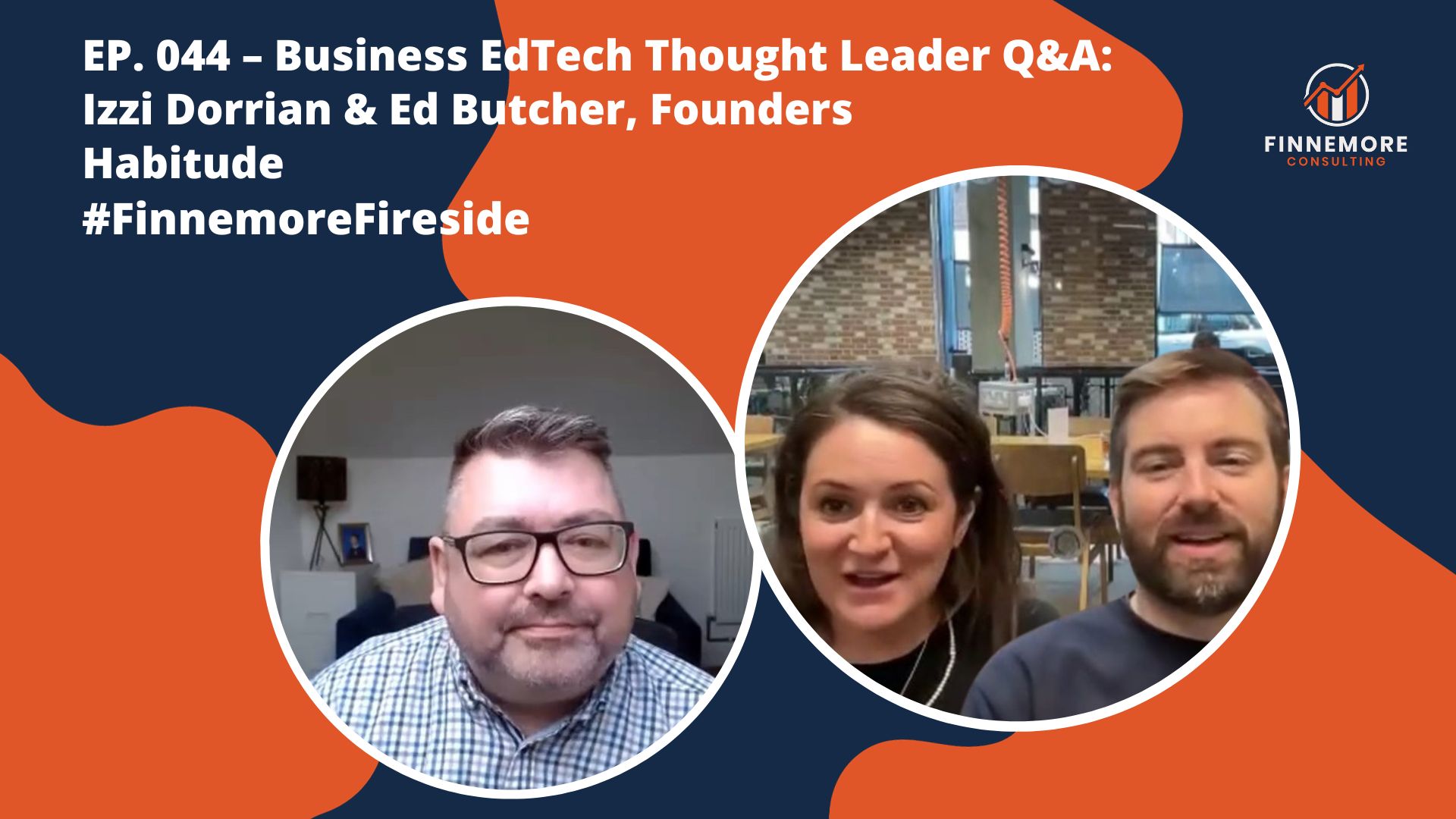Our latest #FinnemoreFireside is with Izzi Dorrian and Ed Butcher, founders of the brilliant Habitude workflow platform for MATs, designed to solve slow, unreliable or lost admin by connecting people, platforms and data into trackable workflows.
Both Izzi and Ed are from an educational background themselves and it’s a really insightful discussion including:
- The significance of education and why both are involved in the field.
- Importance of stability: Emphasis on understanding policies and processes, especially in times of frequent policy changes.
- Recruitment and retention: Highlighted the challenge of administrative hassles, compliance, and the need for strategic recruitment and onboarding processes.
- MATs’ future challenges: Discussion on the evolving landscape of MATs, the importance of infrastructure, and the need for a clear vision.
- Role of technology: Exploration of the role of technology in MATs, potential improvements, and challenges in adapting to different MAT structures.
- Openness in data: Advocacy for open data among edtech companies, with a focus on collaborative efforts for better data flow and management in MATs.


 I am interested in what Product Leaders think makes a good Product Manager? And what is your way of identifying a good Product Manager?
I am interested in what Product Leaders think makes a good Product Manager? And what is your way of identifying a good Product Manager?